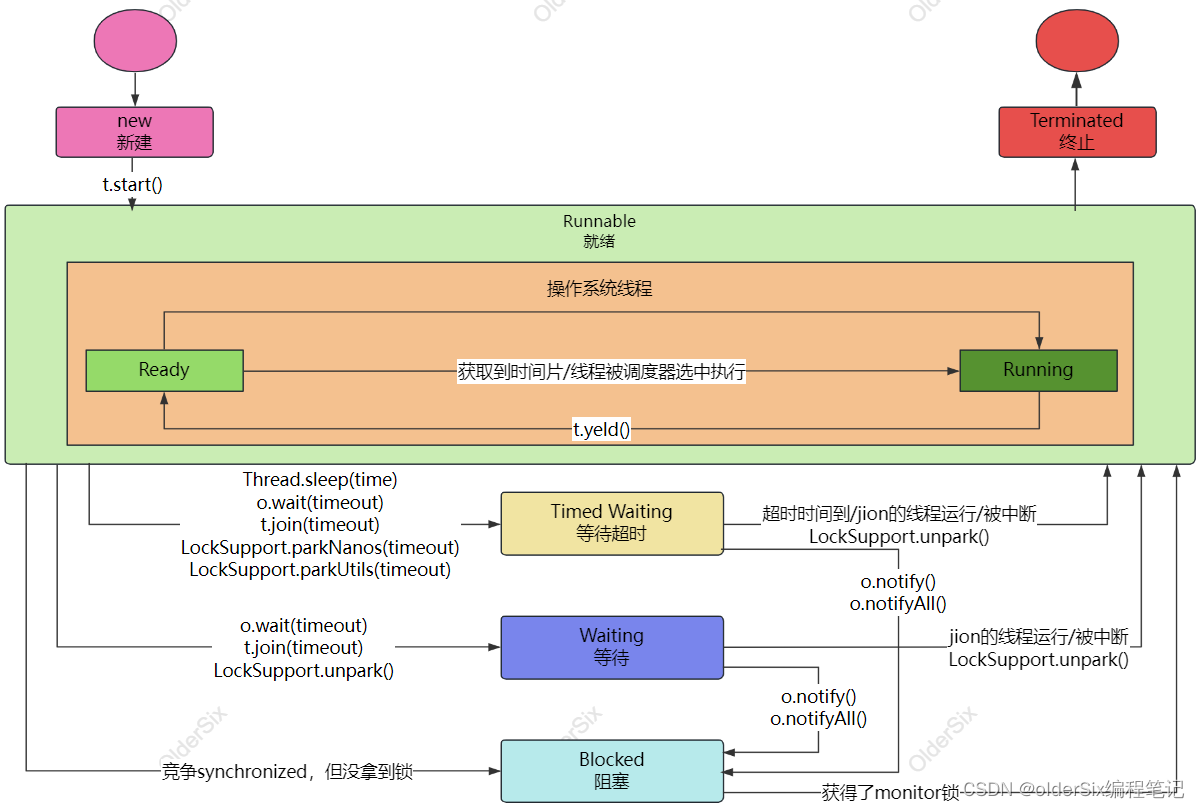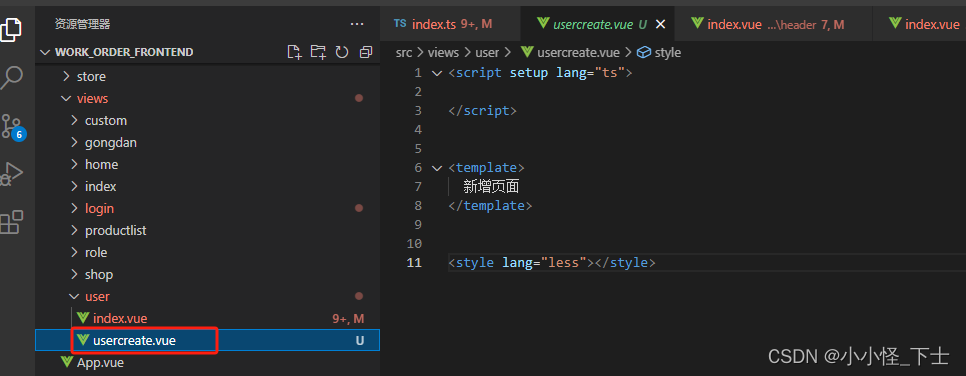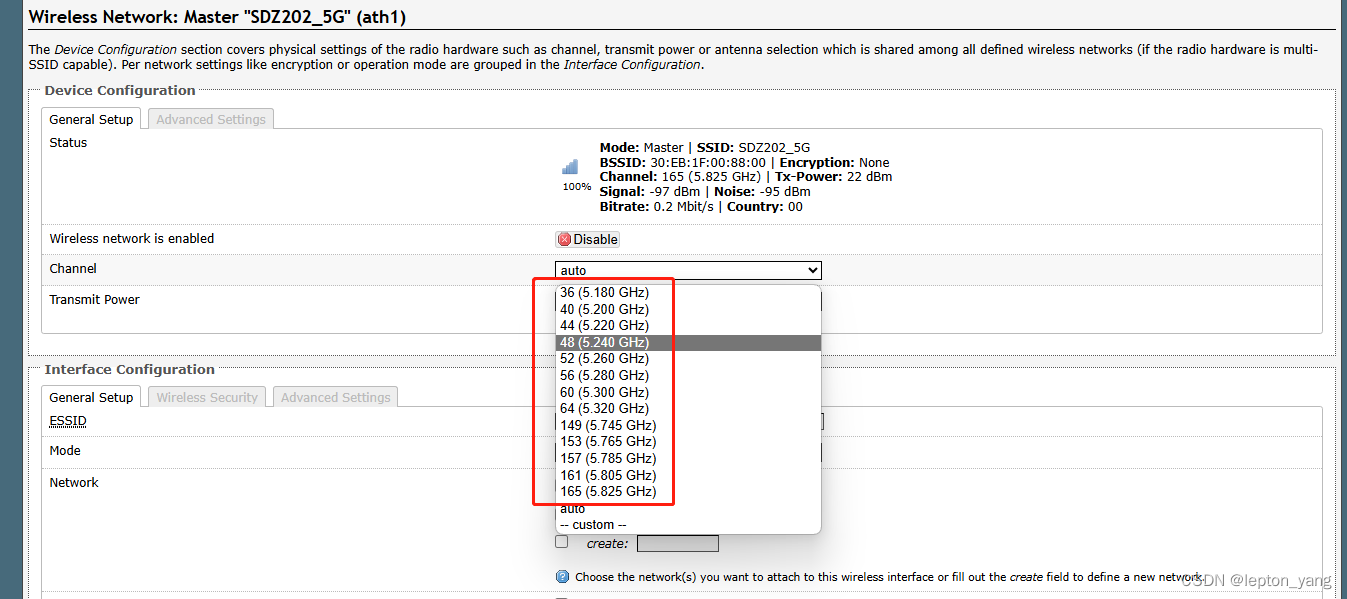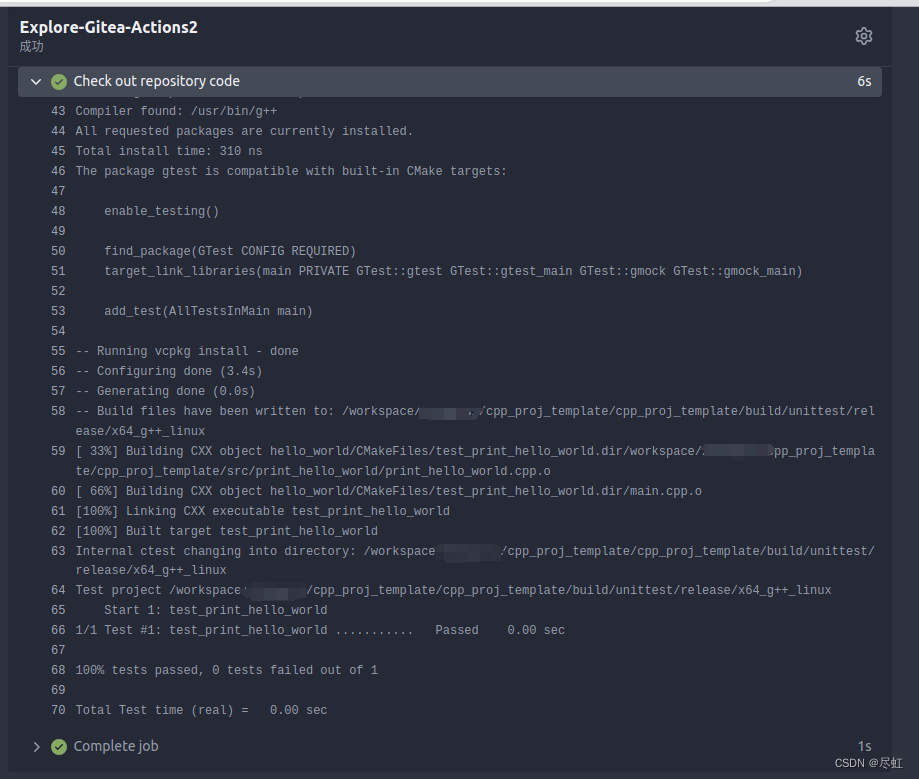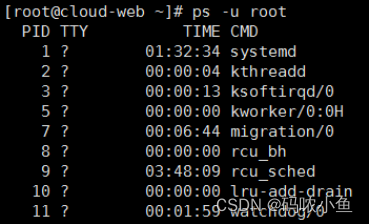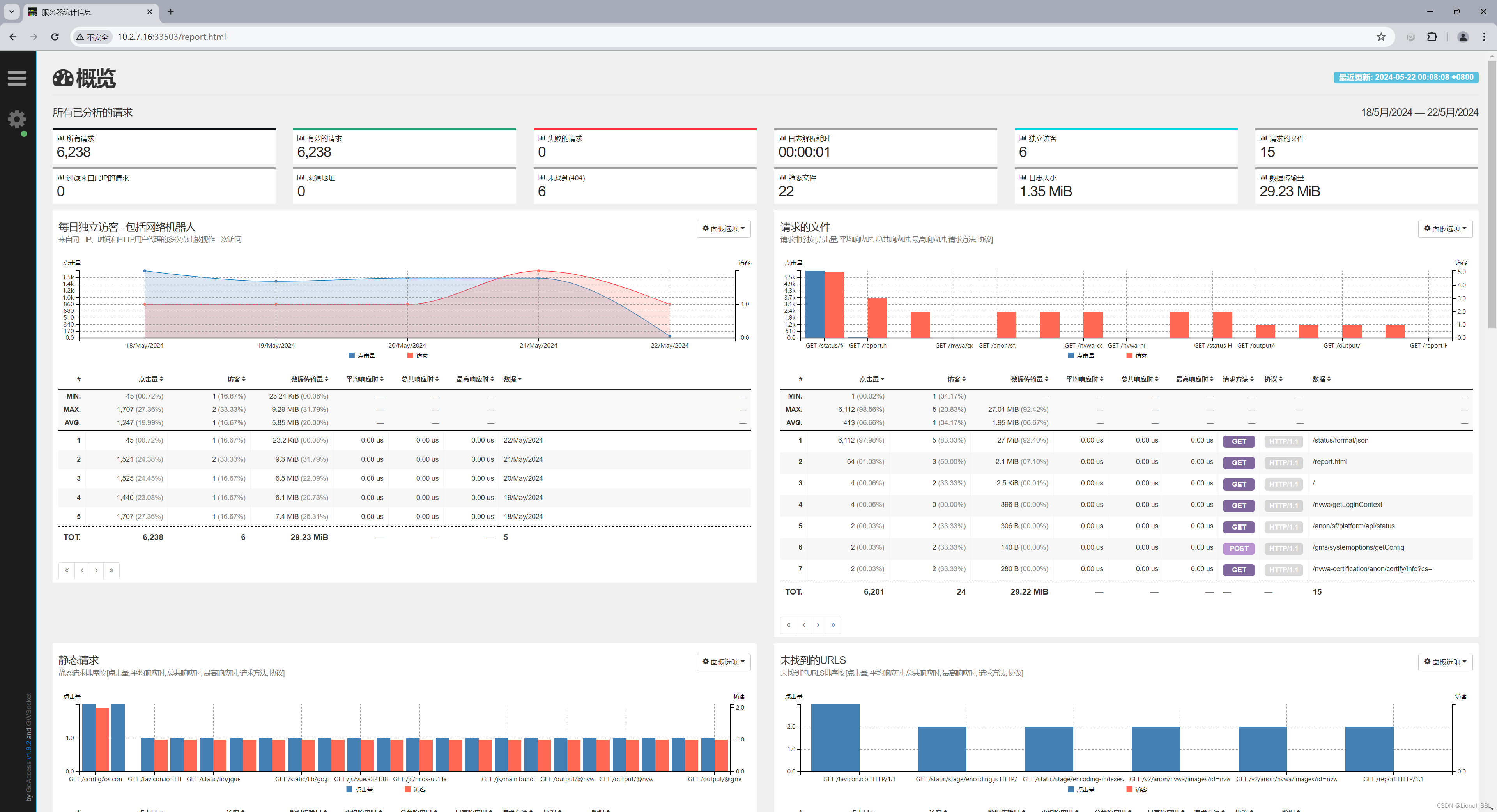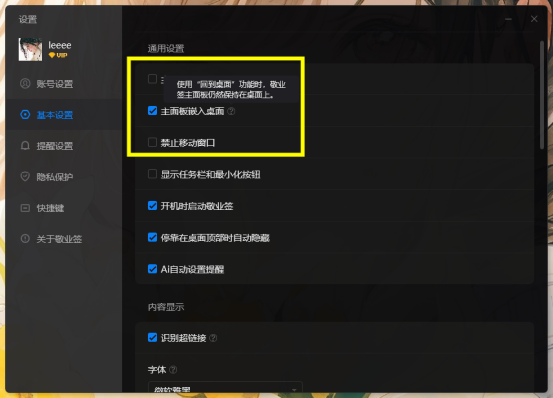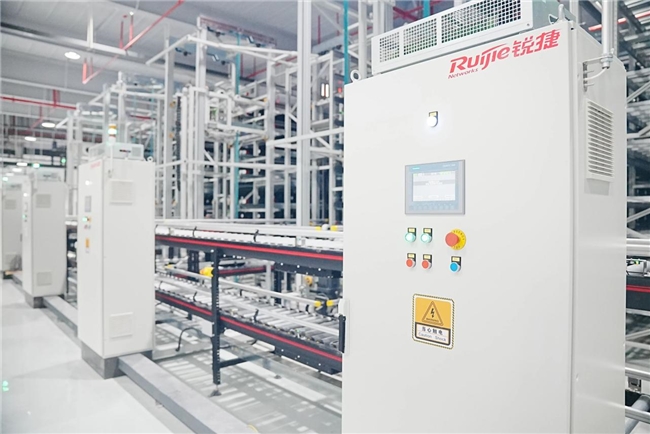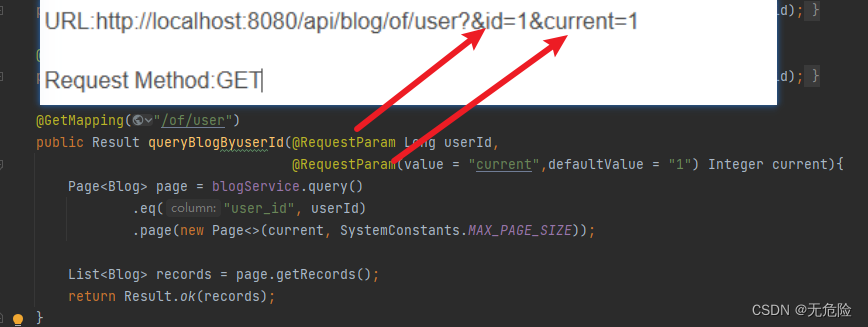在有一些嵌入式平台中,H264数据流一般来自芯片内部的硬编码器, AAC音频数据则是通过采集PCM进行软编码,但是如何对它实时进行封装多媒体文件 ,参考ffmpeg example,花了一些时间终于实现了该功能。
流程图如下:
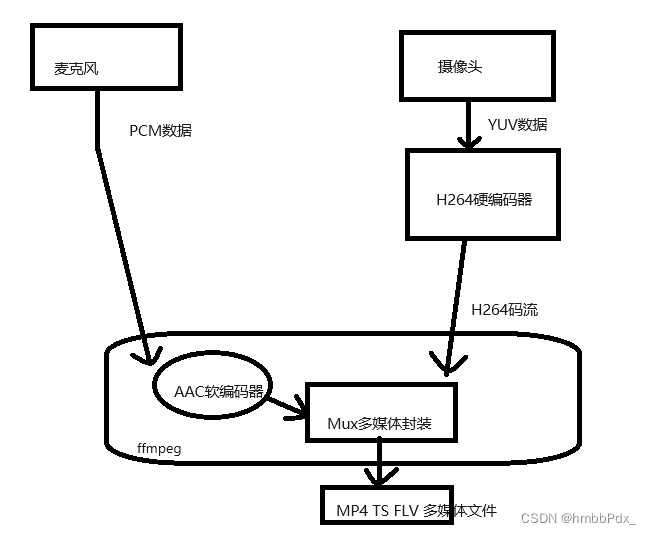
本文只展示DEMO
一.视频输入流 创建
//内存数据回调部分
static int read_packet(void *opaque, uint8_t *buf, int buf_size)
{char * input_filename = (char *)opaque;static FILE *fl = NULL;if(fl == NULL){fl = fopen(input_filename,"r");}static unsigned long long read_len=0;static unsigned long long fps_count=0;int len=0;int i =0;if(!feof(fl))len = fread(buf,1,buf_size,fl);else return AVERROR_EOF;read_len+= len;printf("%s len:%d read_len:%d\n",__FUNCTION__, len ,read_len);for(i=0;i<4091;i++){if(buf[i+0] == 0 &&buf[i+1] == 0 &&buf[i+2] == 0 &&buf[i+3] == 1){// int data = buf[i+4] &=31;printf("0 0 0 1 %x %d\n",buf[i+4],fps_count);fps_count++;}}return len;
}static AVFormatContext * getInputVideoCtx(const char *fileName) {uint8_t *avio_ctx_buffer = NULL;AVIOContext *avio_ctx = NULL;//缓存buffersizesize_t buffer_size, avio_ctx_buffer_size = 4096;AVFormatContext * video_fmt_ctx = NULL;int ret = 0;if (!(video_fmt_ctx = avformat_alloc_context())) {ret = AVERROR(ENOMEM);return NULL;}//创建数据缓存Bufferavio_ctx_buffer = av_malloc(avio_ctx_buffer_size);if (!avio_ctx_buffer) {ret = AVERROR(ENOMEM);return NULL;}avio_ctx = avio_alloc_context(avio_ctx_buffer, avio_ctx_buffer_size,0, fileName, &read_packet, NULL, NULL);if (!avio_ctx) {ret = AVERROR(ENOMEM);return NULL;}video_fmt_ctx->pb = avio_ctx;//打开数据ret = avformat_open_input(&video_fmt_ctx, NULL, NULL, NULL);if (ret < 0) {fprintf(stderr, "Could not open input\n");return NULL;}//获取数据格式ret = avformat_find_stream_info(video_fmt_ctx, NULL);if (ret < 0) {fprintf(stderr, "Could not find stream information\n");return NULL;}//打印数据参数av_dump_format(video_fmt_ctx, 0, fileName, 0);return video_fmt_ctx;
}1.注册内存回调read_packet,avformat_find_stream_info会从回调里读取大概2S的h264视频数据并解析。首先会读取SPS PPS,然后是帧数据,读取2S的数据结束,如果给的数据不对,解析不正常会一直读,所以要确保刚开始给的数据是否正常。av_dump_format打印出数据格式
执行如下:

二.创建多媒体输出,添加视频输出流音频输出流
avformat_alloc_output_context2(&oc, NULL, NULL, filename);...//fmt = oc->oformat;if (fmt->video_codec != AV_CODEC_ID_NONE) {add_video_stream(&video_st, oc, video_fmt_ctx, fmt->video_codec);...}/* Add the audio and video streams using the default format codecs* and initialize the codecs. */if (fmt->audio_codec != AV_CODEC_ID_NONE) {add_audio_stream(&audio_st, oc, &audio_codec, fmt->audio_codec);...}
1.添加视频流和初始化
/* media file output */
static void add_video_stream(OutputStream *ost, AVFormatContext *oc,const AVFormatContext *video_fmt_ctx,enum AVCodecID codec_id)
{...//创建一个输出流ost->st = avformat_new_stream(oc, NULL);...ost->st->id = oc->nb_streams-1;c = avcodec_alloc_context3(NULL);...//流的time_base初始化for (i = 0; i < video_fmt_ctx->nb_streams; i++) {if(video_fmt_ctx->streams[i]->codecpar->codec_type == AVMEDIA_TYPE_VIDEO){avcodec_parameters_to_context(c, video_fmt_ctx->streams[i]->codecpar);video_fmt_ctx->streams[i]->time_base.den = video_fmt_ctx->streams[i]->avg_frame_rate.num;}}//初始化av_packetost->tmp_pkt = av_packet_alloc();...ost->enc = c;
}2.添加音频流 初始化编解码器
/* Add an output stream. */
static void add_audio_stream(OutputStream *ost, AVFormatContext *oc,const AVCodec **codec,enum AVCodecID codec_id)
{*codec = avcodec_find_encoder(codec_id);...//初始化有音频packetost->tmp_pkt = av_packet_alloc();...//初始化流ost->st = avformat_new_stream(oc, NULL);...switch ((*codec)->type) {case AVMEDIA_TYPE_AUDIO:c->sample_fmt = (*codec)->sample_fmts ?(*codec)->sample_fmts[0] : AV_SAMPLE_FMT_FLTP;c->bit_rate = 64000;c->sample_rate = 44100;//采样率if ((*codec)->supported_samplerates) {c->sample_rate = (*codec)->supported_samplerates[0];for (i = 0; (*codec)->supported_samplerates[i]; i++) {if ((*codec)->supported_samplerates[i] == 44100)c->sample_rate = 44100;}}av_channel_layout_copy(&c->ch_layout, &(AVChannelLayout)AV_CHANNEL_LAYOUT_STEREO);//输出audio流的time_base初始化ost->st->time_base = (AVRational){ 1, c->sample_rate };break;default:break;}}3.初始化输出流音频和视频codecpar
static int open_video(AVFormatContext *oc, const AVCodec *codec,AVFormatContext *vedio_fmt_ctx,OutputStream *ost)
{...ret = avcodec_parameters_copy(ost->st->codecpar, vedio_fmt_ctx->streams[index]->codecpar);...
}
static void open_audio(AVFormatContext *oc, const AVCodec *codec,OutputStream *ost, AVDictionary *opt_arg)
{.../* copy the stream parameters to the muxer */ret = avcodec_parameters_from_context(ost->st->codecpar, c);if (ret < 0) {fprintf(stderr, "Could not copy the stream parameters\n");exit(1);}...
}三.开始写入多媒体文件
1.比较写入音视频的时间戳,判断下一次要写入音频还是视频
while (encode_video) {/* select the stream to encode */if (encode_video &&( !encode_audio || av_compare_ts(video_st.next_pts, video_fmt_ctx->streams[v_ctx_index]->time_base,audio_st.next_pts, audio_st.enc->time_base) <= 0)) {encode_video = !write_video_frame(oc, video_fmt_ctx, &video_st, video_st.tmp_pkt);} else {encode_audio = !write_audio_frame(oc, &audio_st);}}av_compare_ts 通过对比当前Audio Video帧的写入量判断当前要写入Audio 还是Video
(例如: Video= 写入10帧* 1/25 > Audio 写入 10240*1/44100 则写入audio)
2.写入一帧Video
static int write_video_frame(AVFormatContext *oc,AVFormatContext *vic, OutputStream *ost, AVPacket *pkt)
{int ret,i; static int frame_index = 0;AVStream *in_stream, *out_stream;int stream_index;stream_index = av_find_best_stream(vic, AVMEDIA_TYPE_VIDEO, -1, -1, NULL, 0);//读一帧H264ret = av_read_frame(vic, pkt);if(ret == AVERROR_EOF)return ret == AVERROR_EOF ? 1 : 0;av_packet_rescale_ts(pkt, ost->enc->time_base, ost->st->time_base);if(pkt->pts==AV_NOPTS_VALUE){in_stream = vic->streams[stream_index];out_stream = ost->st;//Write PTSAVRational time_base1=in_stream->time_base;int64_t calc_duration=(double)AV_TIME_BASE/av_q2d(in_stream->avg_frame_rate);//计算出包的解码时间pkt->pts=(double)(frame_index*calc_duration)/(double)(av_q2d(time_base1)*AV_TIME_BASE);pkt->dts=pkt->pts;pkt->duration=(double)calc_duration/(double)(av_q2d(time_base1)*AV_TIME_BASE);//帧的计数累加frame_index++;//pkt的pts dts是输入流的时间戳 要转换成 输出流的时间戳av_packet_rescale_ts(pkt, in_stream->time_base, out_stream->time_base);pkt->pos = -1;pkt->stream_index=ost->st->index;}//写入到多媒体文件ret = av_interleaved_write_frame(oc, pkt);if (ret < 0) {fprintf(stderr, "Error while writing output packet: %s\n", av_err2str(ret));exit(1);}return ret == AVERROR_EOF ? 1 : 0;
}av_read_frame会回调read_packet 获取一帧H264数据,再通过计算时间戳 pts dts 再转换对应的输出流时间戳才能写入多媒体文件
3.写入一帧Audio
//获取一帧原始的Audio PCM 数据
/* Prepare a 16 bit dummy audio frame of 'frame_size' samples and* 'nb_channels' channels. */
static AVFrame *get_audio_frame(OutputStream *ost)
{...c = ost->enc;for (j = 0; j <frame->nb_samples; j++) {v = (int)(sin(ost->t) * 10000);for (i = 0; i < ost->enc->ch_layout.nb_channels; i++)*q++ = v;ost->t += ost->tincr;ost->tincr += ost->tincr2;}...frame->pts = ost->next_pts;ost->next_pts += frame->nb_samples;count++;return frame;
}
static int write_audio_frame(AVFormatContext *oc, OutputStream *ost)
{....//获取一帧原始的Audio PCM 数据 frame = get_audio_frame(ost);if (frame) {dst_nb_samples = av_rescale_rnd(swr_get_delay(ost->swr_ctx, c->sample_rate) + frame->nb_samples,c->sample_rate, c->sample_rate, AV_ROUND_UP);ret = av_frame_make_writable(ost->frame);/* convert to destination format */ret = swr_convert(ost->swr_ctx,ost->frame->data, dst_nb_samples,(const uint8_t **)frame->data, frame->nb_samples);frame = ost->frame;frame->pts = av_rescale_q(ost->samples_count, (AVRational){1, c->sample_rate}, c->time_base);ost->samples_count += dst_nb_samples;}//先送去编码再写入多媒体文件return write_frame(oc, c, ost, frame, ost->tmp_pkt);
}static int write_frame(AVFormatContext *fmt_ctx, AVCodecContext *c,OutputStream *ost, AVFrame *frame, AVPacket *pkt)
{...ret = avcodec_send_frame(c, frame);...while (ret >= 0) {ret = avcodec_receive_packet(c, pkt);.../* rescale output packet timestamp values from codec to stream timebase */av_packet_rescale_ts(pkt, c->time_base, st->time_base);printf("%d %d\n", c->time_base.den, st->time_base.den);pkt->stream_index = st->index;ret = av_interleaved_write_frame(fmt_ctx, pkt);...count++;}return ret == AVERROR_EOF ? 1 : 0;
}四.写入多媒体尾部结束:
av_write_trailer(oc);
一些BUG:
控制写入时间,可以在写入循环里添加break。写入数据过长会出现音视频不同步的情况,建议写入时间不超过30分钟
DEMO
有需要源码可以后台私信我
